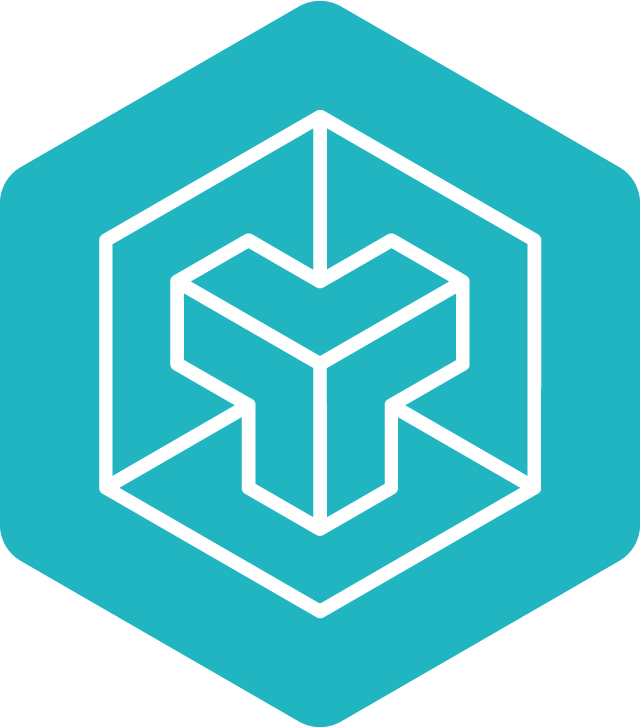Documentation |
|---|
This is the development repository of Triton, a language and compiler for writing highly efficient custom Deep-Learning primitives. The aim of Triton is to provide an open-source environment to write fast code at higher productivity than CUDA, but also with higher flexibility than other existing DSLs.
The foundations of this project are described in the following MAPL2019 publication: Triton: An Intermediate Language and Compiler for Tiled Neural Network Computations. Please consider citing this work if you use Triton!
The official documentation contains installation instructions and tutorials.
You can install the latest stable release of Triton from pip:
pip install tritonBinary wheels are available for CPython 3.6-3.11 and PyPy 3.7-3.9.
And the latest nightly release:
pip install -U --pre tritongit clone https://github.com/openai/triton.git;
cd triton/python;
pip install cmake; # build-time dependency
pip install -e .
Version 2.0 is out! New features include:
- Many, many bug fixes
- Performance improvements
- Backend rewritten to use MLIR
- Support for kernels that contain back-to-back matmuls (e.g., flash attention)
Community contributions are more than welcome, whether it be to fix bugs or to add new features. For more detailed instructions, please visit our contributor's guide.
If you’re interested in joining our team and working on Triton & GPU kernels, we’re hiring!
Supported Platforms:
- Linux
Supported Hardware:
- NVIDIA GPUs (Compute Capability 7.0+)
- Under development: AMD GPUs, CPUs
